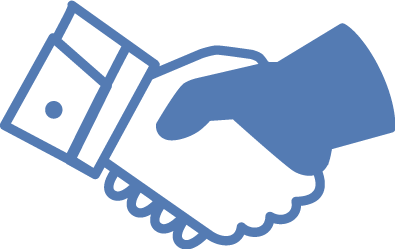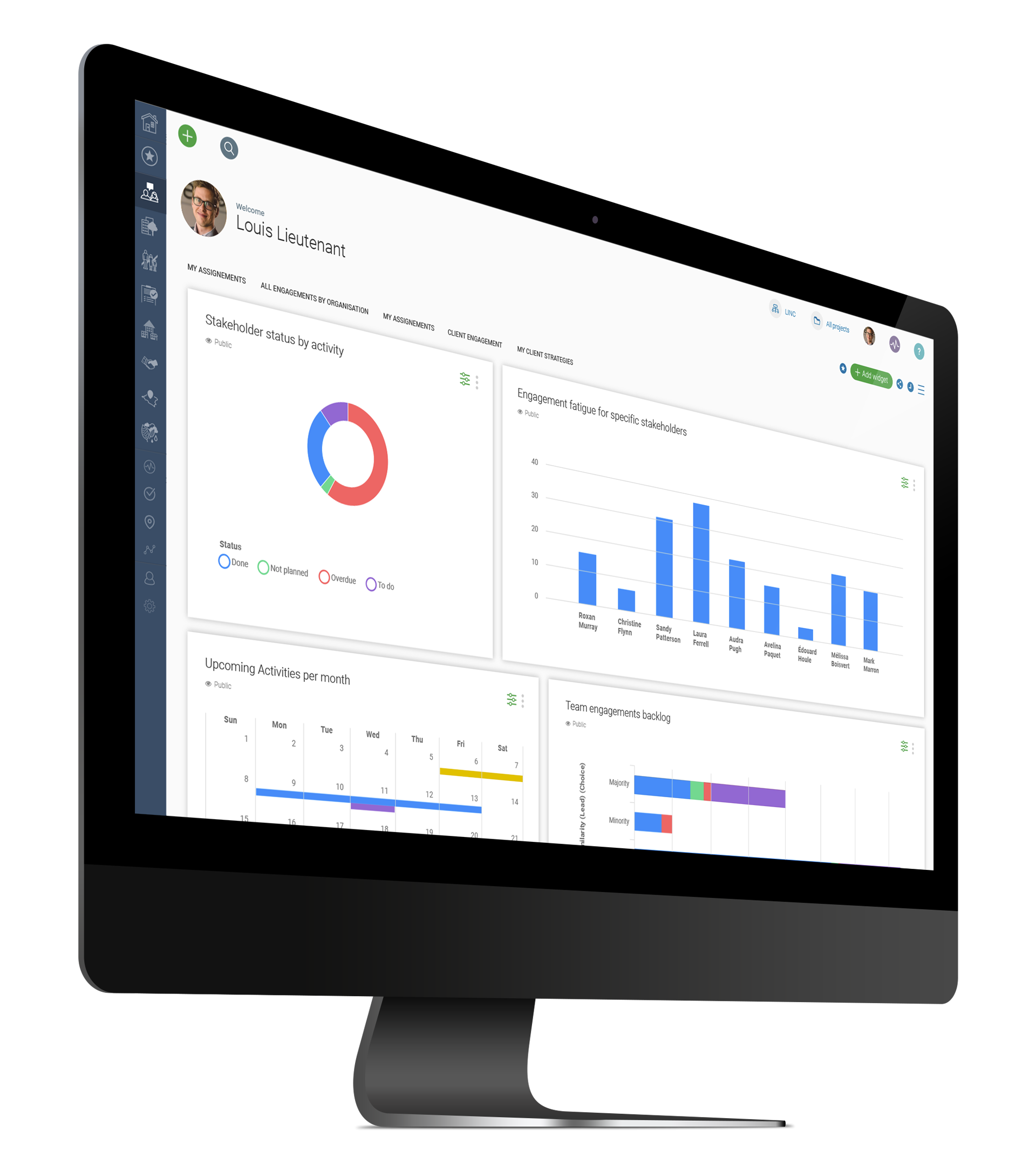The energy sector has some serious headway to make to build trust with customers. Nowhere is this truer than in Australia, where the energy crisis has laid bare certain industry shortcomings.
“Despite some examples of good and innovative practice by energy companies, there are far too many instances of poor treatment of customers in vulnerable circumstances, by a sector that is seriously lacking in trust.”
Source: Commission for Customers in Vulnerable Circumstances, Final Report 2019.
To help energy companies improve their community engagement and build more sustainable brands, the Australian Energy Charter was launched in 2018.
See how Borealis stakeholder engagement software can help you improve community engagement to build trust with customers and achieve your CSR goals.
What Is the Australian Energy Charter?
The purpose of the Australian Energy Charter is to promote a customer-centric culture and conduct in energy businesses so that they take concrete steps toward offering more affordable, sustainable and reliable energy solutions for all Australians.
By signing up to the Charter, businesses make a direct commitment to customers and stakeholders that shows they are willing to go above and beyond what is required by law to improve energy affordability and their customer experience.
For years, Borealis has been helping energy companies in Australia and around the world to build trust with local communities and work more productively with key stakeholders.
We think that this charter will further support the efforts of companies that already have a formal CSR program in place. For those that don’t, signing up to the charter will be a good first step.
Steps Energy Businesses Can Take to Fulfil the Energy Charter
The Energy Charter sets out five principles for building stakeholder trust, along with recommendations for translating each principle into concrete action.
Here’s a sampling:
| Principle | Actionable steps |
|---|---|
| 1. Put customers front and centre |
|
| 2. Improve energy affordability |
|
| 3. Provide safe, sustainable and reliable energy |
|
| 4. Improve the customer experience |
|
| 5. Support vulnerable customers |
|
Why Should Energy Businesses Sign the Australian Energy Charter?
By signing up to the Energy Charter, businesses are taking a meaningful step toward instilling a strong culture of social responsibility. Just as importantly, they are also announcing to all stakeholders that they are taking this cultural shift very seriously – not simply with a nice gesture, but with concrete actions.
Putting the Charter’s principles into action will have measurable and positive impacts on each part of the business’ supply chain. It will also lead to more affordable, reliable and cleaner energy systems for customers. Both will help to increase customer trust.
How Does the Australian Energy Charter Impact Businesses?
The Charter recognizes that energy companies may have different responsibilities toward their customers depending on where they fall on the supply chain. As a result, a one-size-fits-all approach to customer engagement isn’t feasible.
Rather than prescribing specific initiatives, the Charter gives businesses flexibility in implementing the solutions they feel are most relevant to their customers.
Each signatory agrees to assess and publicly disclose its progress in implementing each of the Principles in Action.
Which businesses have already signed the Energy Charter?
Current signatories of the Energy Charter include:
How Origin Energy is Meeting Its Commitments to the Energy Charter
Among other initiatives, Origin Energy uses the Land Access and Management module in Borealis stakeholder engagement software to ensure transparent and fair compensation processes. The module’s planning, tracking, mapping, and measuring features enables the Community Relations Team to engage with all affected land owners and land users to settle compensation and grievances fairly and efficiently. Comply with laws and regulations, too.
The Energy Charter – Year 1 Report
The first Independent Accountability Panel Report was published in early December 2019. It analysed disclosure reports submitted by 18 participating energy companies, including generators, transmission companies, distributors and retailers.
The Panel found that companies needed to do a better job in 4 key areas:
- Increasing customer voice and experience at the governance and strategic levels
- Delivering high-impact initiatives for change, particularly among vulnerable customers
- Measuring, tracking and benchmarking progress
- Managing customer feedback and complaints
Specialized software to manage, track, measure, and benchmark
Borealis stakeholder software can help organizations better manage, track, measure, and benchmark their corporate social.
Borealis users also benefit from our industry expertise and global community of practice to improve all aspects of their CSR – from community engagement and grievance management to social investment and environmental performance.






